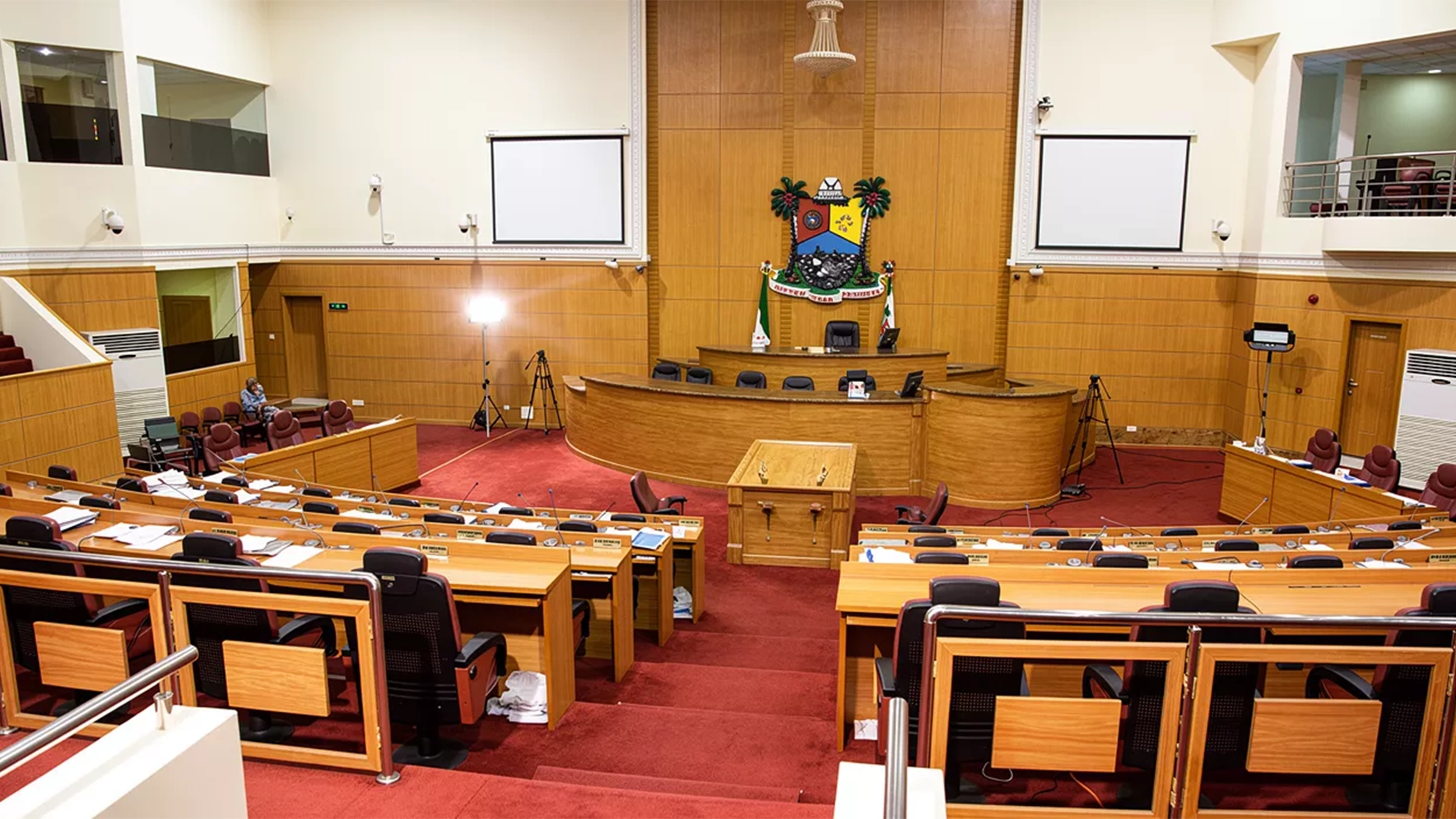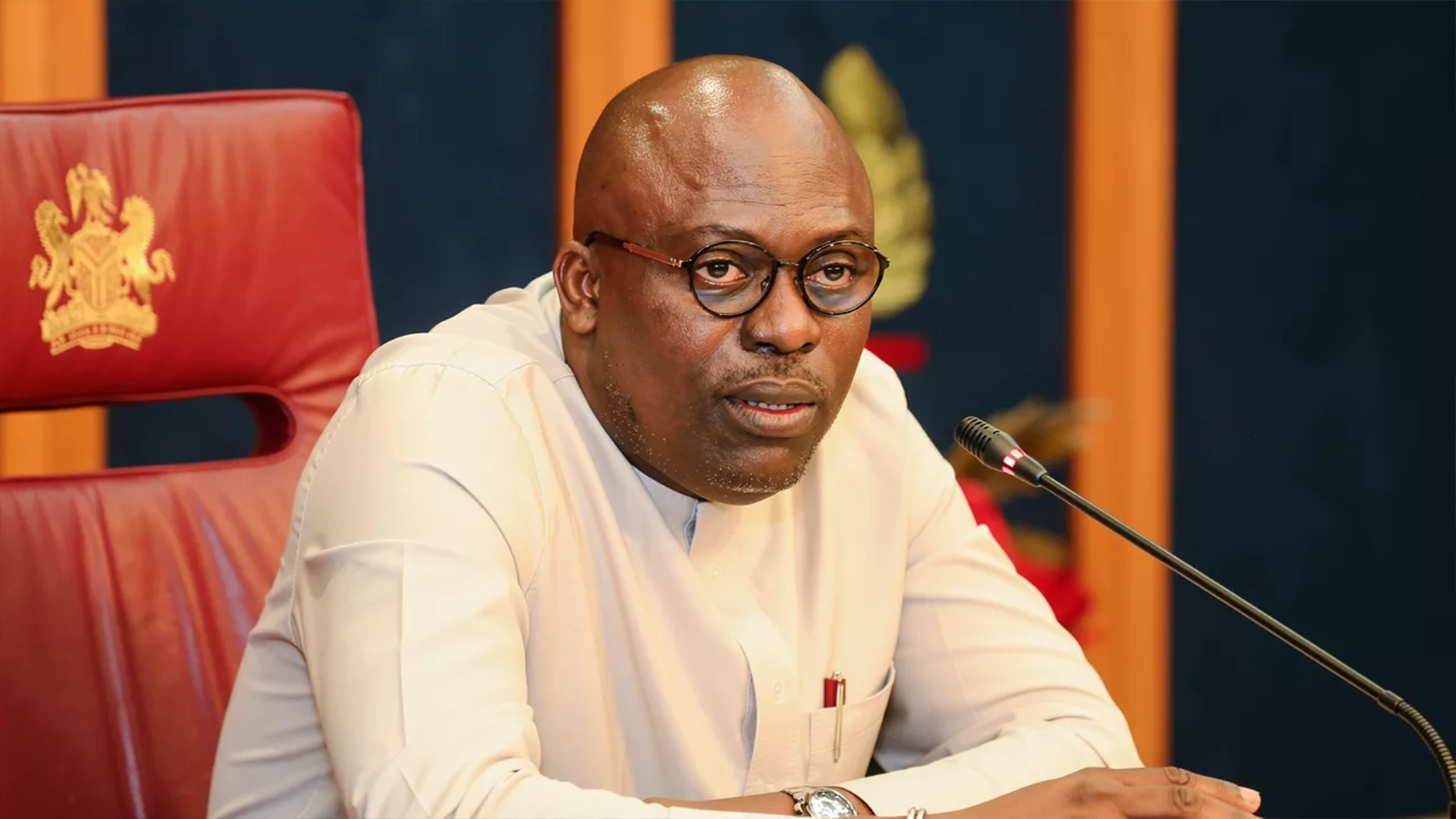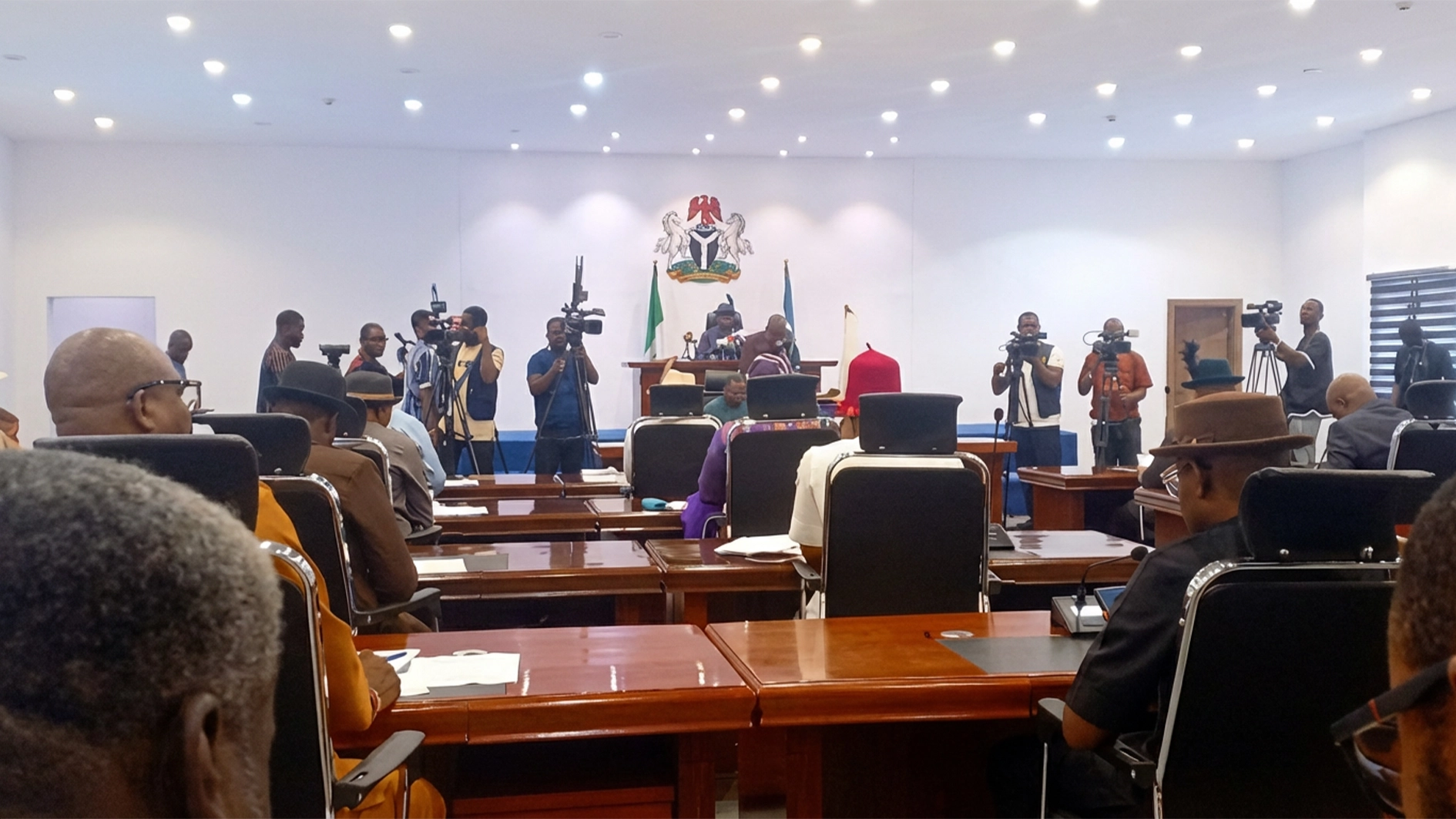• 48m still without toilets as cholera, diarrhoea kill over 100,000 children yearly
• Only 9% of households have access to basic sanitation services
• North-Central leads in prevalence, followed by South-West
• Delta, Lagos, others struggle with enforcement, awareness
• Open defecation undermines Nigeria’s nutrition, health progress, says UNICEF
• Health expert Olatunji calls for urgent govt–NGO collaboration
• Balogun: Govt not taking sanitation seriously enough to curb menace
The government’s pledge to end open defecation by 2025 is faltering as 48 million citizens continue to practise it, exposing communities to cholera, diarrhoea, and over 100,000 child deaths yearly.
With the crisis costing the nation N455 billion each year in lost productivity and healthcare expenses, experts warn that women, children, and the poor bear the brunt, stressing that without urgent investment, enforcement, and collaboration, the revised 2030 target may also slip away.
According to the National Bureau of Statistics (NBS), many households, particularly in rural areas, practise open defecation due to limited access to improved sanitation facilities. Poor maintenance of existing toilets also contributes to the problem.
Although there has been an increase in the number of people with access to basic sanitation services, the proportion of those practising open defecation has barely changed in the past five years. The number rose from 46 million in 2019 to 48 million in 2021.
The United Nations Children’s Fund (UNICEF) Representative in Nigeria, Cristian Munduate, highlights the urgent need for investment and commitment in the water and sanitation sector to end open defecation.
She laments that the practice “continues to pose a grave public health threat in Nigeria, undermining progress in nutrition, sanitation, and economic development.”
The Nigerian government once declared a state of emergency in the water, sanitation and hygiene (WASH) sector and, in partnership with Non-Governmental Organisations (NGOs), launched the ‘Clean Nigeria: Use the Toilet’ campaign. However, many of the declarations remain lip service as they are not backed by concrete action.
While state governments repeatedly promise to provide public toilets on World Environmental Day, the promises remain unfulfilled. From Lagos, Enugu, Rivers, Benue, and Niger to Borno, except Jigawa, open defecation remains widespread.
Studies show that going into the bush to defecate is dangerous, as faeces left in bushes, waterways, and around homes are major causes of disease outbreaks such as cholera and diarrhoea.
Apart from exposing children and families to poor sanitation and hygiene-related illnesses, Nigeria’s target to end open defecation by 2025 remains a mirage, according to the 2021 WASH National Outcome Routine Mapping (WASHNORM) report.
The WASH report also revealed that about 1.3 per cent of GDP, equivalent to N455 billion, is lost yearly due to poor sanitation, healthcare costs, and reduced productivity.
It further disclosed that only nine per cent of households have access to basic water, sanitation, and hygiene services. According to the report, the North-Central region has the highest prevalence of open defecation, followed by the South-West. While 44 per cent of households use basic sanitation services, overall access to WASH services remains alarmingly low.
The persistence of open defecation across both rural and urban areas continues to pose serious health risks, contributing to the spread of water-borne diseases and other illnesses.
Public health experts stress that the government must prioritise sanitation, increase budget allocations to the Ministry of Environment, and collaborate with NGOs to construct public toilets and raise awareness about the dangers of open defecation.
Health, Safety and Environment expert, Omowumi Olatunji, has called for an end to open defecation because of its impact on the environment and water, which causes cholera, diarrhoea, and other water-borne diseases.
Olatunji lamented that the lack of adequate infrastructure has negatively affected the drive to end the menace, noting that people with low incomes and those living in slums and shanties are more likely to engage in open defecation.
She said, “Open defecation has an impact on social life. The safety and dignity of a woman who engages in open defecation are questioned, and they are exposed to risks.
“The healthcare system is burdened due to open defecation. So, the best course of action is to continue awareness on the consequences of open defecation, and the government should also collaborate with NGOs to build public toilets that can be evacuated intermittently. Government agencies should apprehend more offenders.
“Ending open defecation needs collaboration, and the government must prioritise sanitation, increase budget allocation for the Ministry of Environment, and ensure that community leaders are aware of the dangers.”
Another public health expert, Olaide Balogun, warned that the health of children is especially affected by open defecation due to their low immunity.
“Open defecation is still an issue even in Lagos State. Many of the people engaged in open defecation do not have access to a toilet. Faeces pollute the environment, and you notice a change in the atmosphere immediately you get to these places.
“Children under five are mostly affected because of their low immune systems. The government is trying its best to tackle open defecation, but there is a need to take the issue of sanitation more seriously. Awareness campaigns must increase, and amenities should be provided.
“In some cases, enforcing regulations and penalties for open defecation may be necessary to deter the practice. But offenders often return to it after being released, due to the lack of facilities.”
In addition, the lack of access to sanitation facilities strips individuals of their dignity and subjects them to social stigma. Women and girls are particularly vulnerable, as they often wait until dark to relieve themselves, exposing themselves to safety risks.
Moreover, poor sanitation negatively impacts the economy by reducing productivity and increasing healthcare costs. In states such as Delta, Ogun, Lagos, and Oyo, the daily influx of people without prior arrangements for accommodation has exacerbated the issue of open defecation.
The Delta State Commissioner for Environment, Jamani Tommy Ejiro, lamented that the government constantly battles with people who come into the state to sleep under bridges and in shanties.
The Commissioner said, “Our efforts to end open defecation started with awareness and sensitisation campaigns on every platform, including rural communities. Many houses lack toilets, and we have given all the landlords a mandate to provide one. A home should not be built without a toilet. I was shocked to discover that a neighbouring compound did not have a toilet, so I compelled the landlord to provide one.
“There are many people who come from the northern part of the country to operate motorcycles and tricycles, but do not have a place to stay, so they defecate in open places. We are working to build public toilets in motor parks and other locations.”
In Lagos State, despite promises to end open defecation, areas such as Agege, Oshodi, Orile, Obalende, Mushin, Iyana Ipaja, Ikeja, Lekki, and Ikoyi still struggle with the issue.
The state has pledged to make public toilets more accessible, construct new ones, and penalise those caught engaging in open defecation, in line with the national goal of ending the practice by 2025.
The public toilet initiative, particularly the mobile toilets introduced under the Babatunde Raji Fashola and Akinwunmi Ambode administrations, has gradually disappeared, leaving only one or none in areas where as many as 10 could once be found.
In November 2024, the Lagos State government, in collaboration with WaterAid and private operators, announced plans to construct 350 additional public toilets across the state to curb widespread open defecation and urination.
It is projected that the initiative will directly reach 10 million residents and indirectly benefit another 17 million through interventions providing basic WASH (Water, Sanitation, and Hygiene) access.
In February 2025, the Lagos State House of Assembly called for stricter measures against open defecation and homelessness. The lawmakers urged the Ministry of the Environment and Water Resources to fully enforce environmental laws prohibiting open defecation and to ensure the widespread availability of free public toilets across the state.
However, much remains to be seen after repeated inaugurations, promises, and appeals. Lagos State Commissioner for the Environment and Water Resources, Tokunbo Wahab, disclosed that there are 1,710 government-owned public toilets in Lagos and more than 3,000 toilets attached to petrol stations managed by independent petroleum marketers and regional operators.
He expressed surprise that people still defecate openly despite the presence of over 5,000 public toilets across the state. Wahab stressed the need for increased advocacy to eliminate the menace.
Beyond enlightening citizens on the adverse effects of open defecation, he explained that the state has also embarked on aggressive enforcement. Offenders are taken to court and required to clean the affected areas themselves or undertake community service. He also emphasised the need to recertify existing public toilets to ensure they are in good condition.
According to him, the recertification drive is a call to action to maintain minimum operational standards, while landlords must also be compelled to provide toilets.
Spokesperson for the Lagos State Environmental Sanitation Corps (LAGESC), Ajayi Lukman, said: “Our men have been patrolling round the clock from Berger, Oshodi to Mile 2, working all night. We engage some members of the National Union of Road Transport Workers (NURTW) and trade unions, which has reduced the number of people engaging in open defecation in Lagos State. Now, we arrest between six and 10 persons caught in the act daily. We charge them in court and have been recording prosecutions.”
Speaking on public toilets, he added: “The state government, through the Ministry of the Environment and Water Resources, is partnering with NGOs and has recently inaugurated them to distribute and erect toilets in strategic locations in the state.”
In Oyo State, the Commissioner for Information, Dotun Oyelade, said the government has always been proactive on environmental issues and is committed to ending open defecation.
In April, the state inaugurated a task group on sanitation, with representatives from the United Nations Children’s Fund (UNICEF) and the Oyo State Rural Water Supply and Sanitation Agency (RUWASSA) in attendance.
This action, Oyelade said, demonstrates that the state is moving forward and is ready to support the initiative. The Oyo State Task Group on Sanitation (STGS) is inclusive and has been mandated to ensure that the cleanliness of society is not compromised.
“A few challenges were recognised, and we are working to ensure that we have more public enlightenment and awareness. We are not shying away from Public-Private-Partnership, and the Ministry of Environment is working on it,” Oyelade said.
When asked about mobile and public toilets, he added: “The state government has allocated funds for this purpose and they are being worked on.” In Jigawa State, Governor Umar Namadi reaffirmed his administration’s commitment to sustaining the Open Defecation-Free (ODF) status that the state recently achieved.
He noted that the state had established a high-level Steering Committee and a Technical Committee comprising key permanent secretaries and professionals to oversee and monitor the sanitation and hygiene programme, underscoring the government’s seriousness in maintaining cleanliness and public health standards.
Despite these efforts, open defecation remains a significant public health challenge. There is still a wide gap in the uptake of sanitary sewage disposal methods between rural and urban areas, with the practice far more prevalent in rural communities.
Experts stress the need for more public health interventions, with greater focus on rural areas, to address their specific needs and help end the practice of open defecation.
On World Toilet Day in 2024, Vice President Kashim Shettima launched the revised Clean Nigeria Campaign (CNC) Strategic Plan to eradicate open defecation by 2030.
The CNC Strategic Plan aims to declare all 774 Local Councils open defecation-free by the target date. Shettima noted during the flag-off that, “Access to safe and clean toilets is not just about infrastructure, it is about dignity, health, and safety for all Nigerians. We are committed to ensuring that no one falls behind in our journey to end open defecation, as evidenced by this strategic plan. We urge all levels of government and partners to work collaboratively for this goal.”






